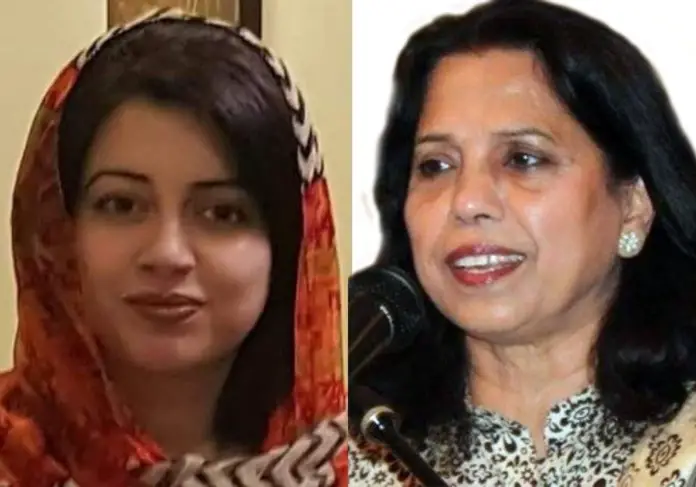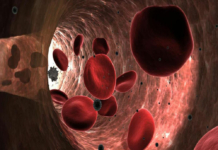Today is International Women’s Day. Like around the world, Aurat Marches will also be taking place across Pakistan. For this Women’s Day I have chosen to translate two poems by Ishrat Afreen and Dr Arifa Shahzad, two representative Pakistani feminist poetesses separated by a generation.
Ishrat Afreen’s poem Apni chador ko parcham kar sakti hai (From her chador a flag she can make) forms part of her 2017 work, Diya jalaati shaam (A lamplit evening) and is a persuasive response to Majaz’s famous poem Naujavaan khatoon se (To a young woman) written during the heyday of the Progressive Movement where the poet appreciates the covered forehead of his beloved but wishes for it to become a standard of revolt. Afreen has brought the wishes of the poet firmly into reality and given agency to the woman herself to transform the chador – a symbol of Eastern morality – into a flag.
Her poem in Urdu, followed by my translation into English:
Apni chador ko parcham kar sakti hai
Aurat ik tareekh raqam kar sakti hai
Aivanon se nikal sake toa yeh aavaz
Ik aalam darham barham kar sakti hai
Char-deevari mein paband akeli soch
Daro ke qatil ko mahram kar sakti hai
Zinda dafnai gayi aurat ki ik cheekh
Khamoshi ke hath qalam kar sakti hai
Vo jo biyahi gay Kalam-e-Pak se
Likhne ko poren toa qalam kar sakti hai
Gehri kali raat mein aik diye ki lau
Tareeki ka dukh toa kam kar sakti hai
Bachon ki nanhi munni meethi muskan
Jeene ka saaman baham kar sakti ha
(From her chador a flag she can create
A whole history can a woman narrate
If this voice can emerge from the palaces
It can lay a whole world waste
Limited lone thoughts within the enclosure
Be afraid that it can entrust with a secret the one who does assassinate
A scream of a woman buried alive
Can sever the hands of silence in a spate
She who was married to the holy verses
Can very much make her finger-joints into a pen in this state
The misery of darkness can very much be reduced
Which a candle flame in a deep black night helps to illuminate
A tiny sweet smile of the children
Can make the provisions for living proximate)
Dr Arifa Shahzad’s provocative poem Vo kya maslahat thi (What was that expedience?) reminds us of her predecessor, the late Fahmida Riaz’s equally provocative poem Aqleema; both poems take patriarchy and their skewed interpretations of even holy texts head on by questioning if indeed God made woman second to a man or is this ‘duplication’ a mere ploy exercised by men to use and exploit women. Like Riaz in her aforementioned poem, Shahzad also questions God about this perceived injustice upon the earth. The poem forms part of her first poetic collection titled Aurat hoon na! (I am a woman after all!).
My original translation of her poem is below:
From the beginning of existence, I as Eve’s conception
Am an offshoot of Adam’s inclination
Merely a ruse to inhabit the earth!!!
I am the reward for piety on the Day of Resurrection
Who knows what is my categorization?
To the Creator of All how should I express my lamentation
I am His very permission!
She is the pride of Adam
Or just a human
She is God’s companion, God’s trustee
What is my entity?
Just a relation, granted!
This is accepted
In every Book
I had been invoked with the titles of pious and good
But when the angels had before Adam bowed their forehead
So where was Eve?
God knows where I was at the time of the souls’ confession?
Present in which row of the congregation
Or wasn’t?
If I was present, I very much too did make a confession
If the soul itself was complete within the negation
Then what was the expedience of God’s power of creation
That I was another duplication?
All the translations from the Urdu are by the writer







